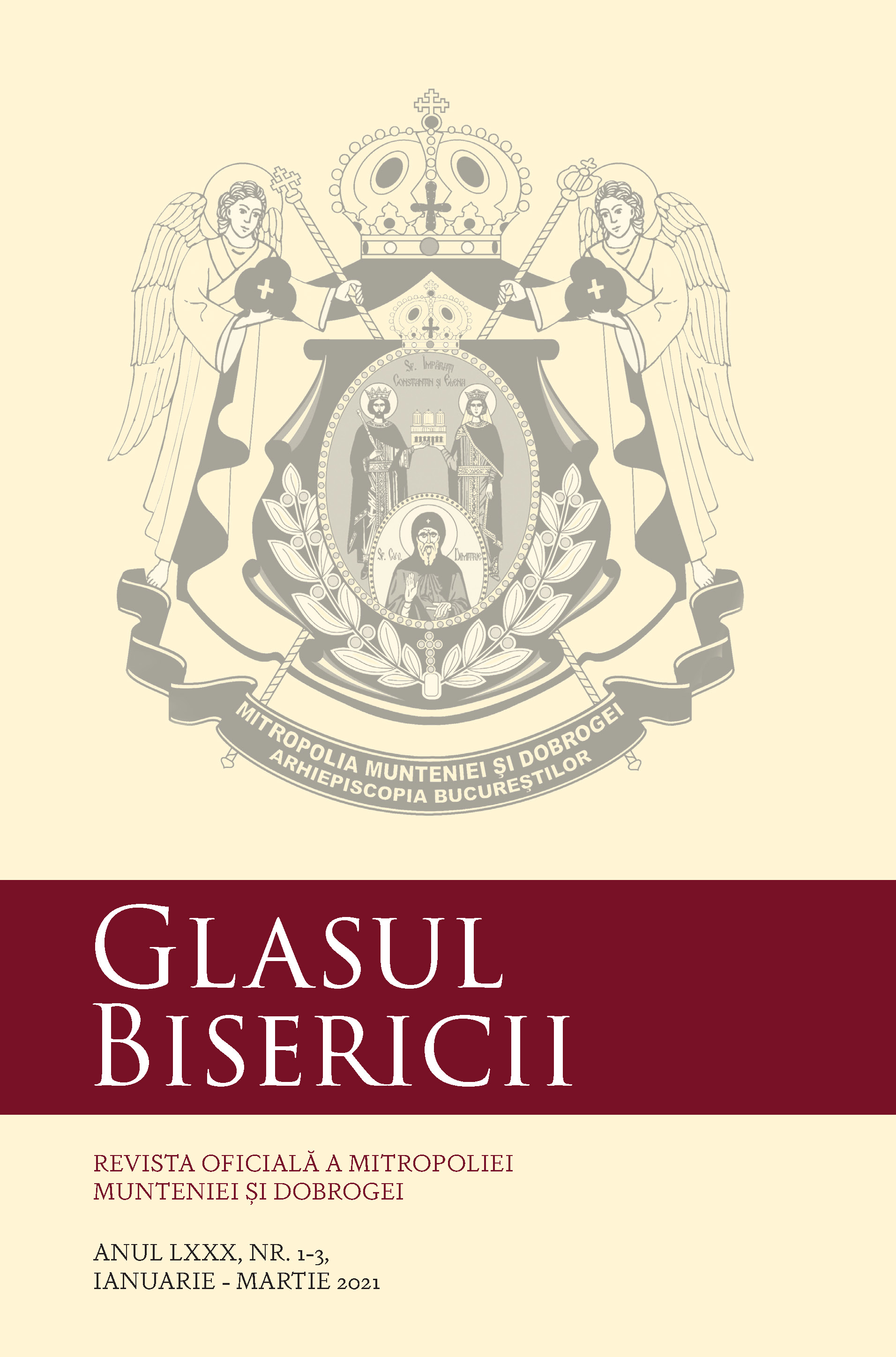Simbolismul veșmintelor liturgice în comentariile liturgice bizantine
The symbolism of Liturgical vestments in the Byzantine liturgical commentaries
Author(s): Vlăduț-Iulian RoșuSubject(s): Christian Theology and Religion, Pastoral Theology, Eastern Orthodoxy
Published by: Arhiepiscopia Bucureștilor
Keywords: vestments; sticharion; orarion; epitrachelion; sakkos; omophorion; pectoral cross; engolpion; episcopal mitre; pastoral staff;
Summary/Abstract: Regarding the significance of liturgical vestments in the Byzantine liturgical commentaries, three directions can be distinguished: one that associates the various garments with the moment of the Passion of Christ the Savior, a second direction that connects clerical vestments with the radiance and immaculate of the angels, and a third, by which they are seen as signs of divine grace working in and through the clergy of the Church. If the existence ofthe first two directions is evident in the first Byzantine commentary(of St. German of Constantinople, 8th century), the third direction can be noted in the comments of Saints Nicholas Cabasila and Gregory of Sinai, strongly influenced by the hesychastic current, which dominated Byzantine theology in the fourteenth century. The last Byzantine commentator on the Liturgy, St. Simeon ofThessalonica († 1429) only summarized the meanings of theliturgical vestments attributed by earlier Byzantine commentators.
Journal: Glasul Bisericii
- Issue Year: 80/2021
- Issue No: 1-3
- Page Range: 91-169
- Page Count: 79
- Language: Romanian
- Content File-PDF

